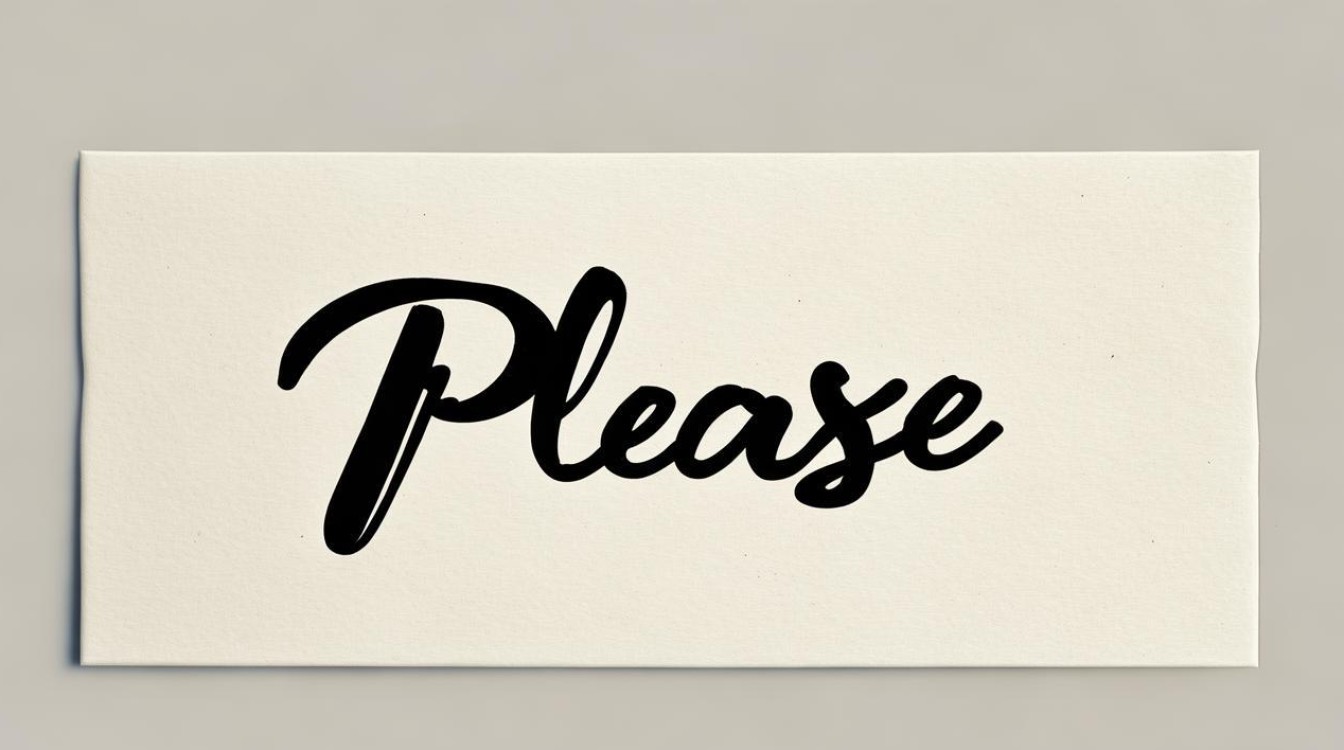When learning a new language, simple phrases like "请写单词" can be tricky to translate naturally. In English, the most accurate way to express this request is:

"Please write the word."
This direct translation works perfectly in most situations. However, English offers several variations depending on context, politeness level, and specificity. Let’s explore the nuances to help you communicate clearly.
Common Variations and Their Uses
-
"Please write the word down."
Adding "down" emphasizes the action of recording the word physically, useful in classrooms or note-taking scenarios. -
"Could you write the word for me?"
A softer, more polite version, ideal for formal settings or when asking for assistance. -
"Can you spell the word?"
If you need the word written letter by letter (e.g., for clarification), this phrasing is better. -
"Write this word, please."
A slightly more direct instruction, often used in teaching or quick requests.
When to Use Each Phrase
Casual Conversations
In informal chats, shorter phrases work well:
- "Write the word, please."
- "How do you write this word?" (if unsure of spelling)
Professional or Academic Settings
Politeness matters here. Use:
- "Would you mind writing the word for me?"
- "I’d appreciate it if you could write the word."
Learning Environments
Teachers often use clear, instructional language:
- "Please write the word on the board."
- "Everyone, write this word in your notebooks."
Why Precision Matters
Using the right phrase avoids confusion. For example:
- "Write the word" = Request to copy the word.
- "Spell the word" = Request to list individual letters.
Miscommunication happens if you say "Tell me the word" when you actually need it written.
Cultural Notes
English speakers value indirectness in formal requests. Compare:

- Direct: "Write the word." (can sound abrupt)
- Indirect: "Could you possibly write the word?" (more polite)
In contrast, urgency or clarity may justify directness, like in emergencies or technical instructions.
Practice Examples
To reinforce these phrases, try using them in context:
-
Language Class:
"Could you write the word on the board? I want to check my spelling." -
Work Email:
"I’d be grateful if you could write the correct term in your reply." -
Travel Scenario:
"How do you write ‘hotel’ in English? Please show me."
Mistakes to Avoid
-
Overcomplicating:
Avoid "I would like to request your assistance in writing the word." unless necessary. Simpler is better.
-
Misplaced Politeness:
"Please kindly write the word." is redundant. "Please" or "kindly" alone suffices. -
Ambiguity:
"Put the word here." could mean typing, speaking, or placing an object. Specify "write" if needed.
Advanced Tips
For fluent speakers, consider:
- Phrasal Verbs: "Jot down the word" (casual), "Note the word" (formal).
- Emphasis: "Write the word exactly as you see it." (for accuracy).
English thrives on context. While "Please write the word" is universally safe, adapting phrasing to your audience ensures clarity. Whether teaching, traveling, or emailing colleagues, mastering these small distinctions elevates communication.
Next time you need a word written in English, confidently choose the version that fits your situation—and watch how effectively people respond.

